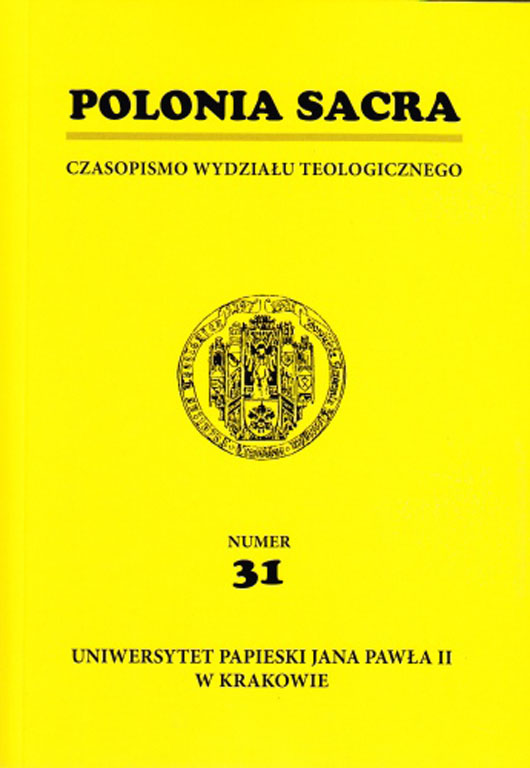„Nowe” problemy wychowawcze w dobie „nowych” mediów
„New” pedagogical problems in the epoch of „new media”
Author(s): Arkadiusz OlczykSubject(s): Education, Media studies, Recent History (1900 till today), Theology and Religion
Published by: Wydawnictwo Naukowe Uniwersytetu Papieskiego Jana Pawła II w Krakowie
Summary/Abstract: The aim of the classical pedagogy used to be the moulding in a person the virtues and moral values useful in the honest life. Postmodernism led to many cultural changes as well as the whole concept of education. Postmodernist education gave priority to the promotion of freedom, the rejection of absolute and moral values. It should be up to a person to decide what is true and what is false, what is good and what is evil. This concept of education is quite dangerous for the development of “new media”. Nowadays, the main educator for a large number of children and teenagers became the Internet. Besides all the advantages, there are various traps which await them online. For more than half a milliard people in the world, out of that more than 8 million in Poland, the modern “god” is Facebook, founded by Mark Zuckerberg in 2004. Lot of children and young people spend hours in virtual network. They are everyday household members of Facebook, Twitter, MySpace, YouTube, Communicators and blogs as well as the slaves of computer games. The computer network addicts and leaves sometimes dramatic marks in their lives. For many of them the Internet became an addiction which already requires treatment and therapy. Lot of them live in a permanent daze what results in social isolation, loneliness, growing aggression and falling into pornography and satanism. The children and young people become unaware victims of the virtual-reality matrix. It is more and more difficult for them to find themselves in the real world. They need help and support. They need therefore, wise educators and appropriate upbringing which will help them to distinguish good from evil and choose the GOOD.
Journal: Polonia Sacra
- Issue Year: 16/2012
- Issue No: 2
- Page Range: 75-85
- Page Count: 11
- Language: Polish

